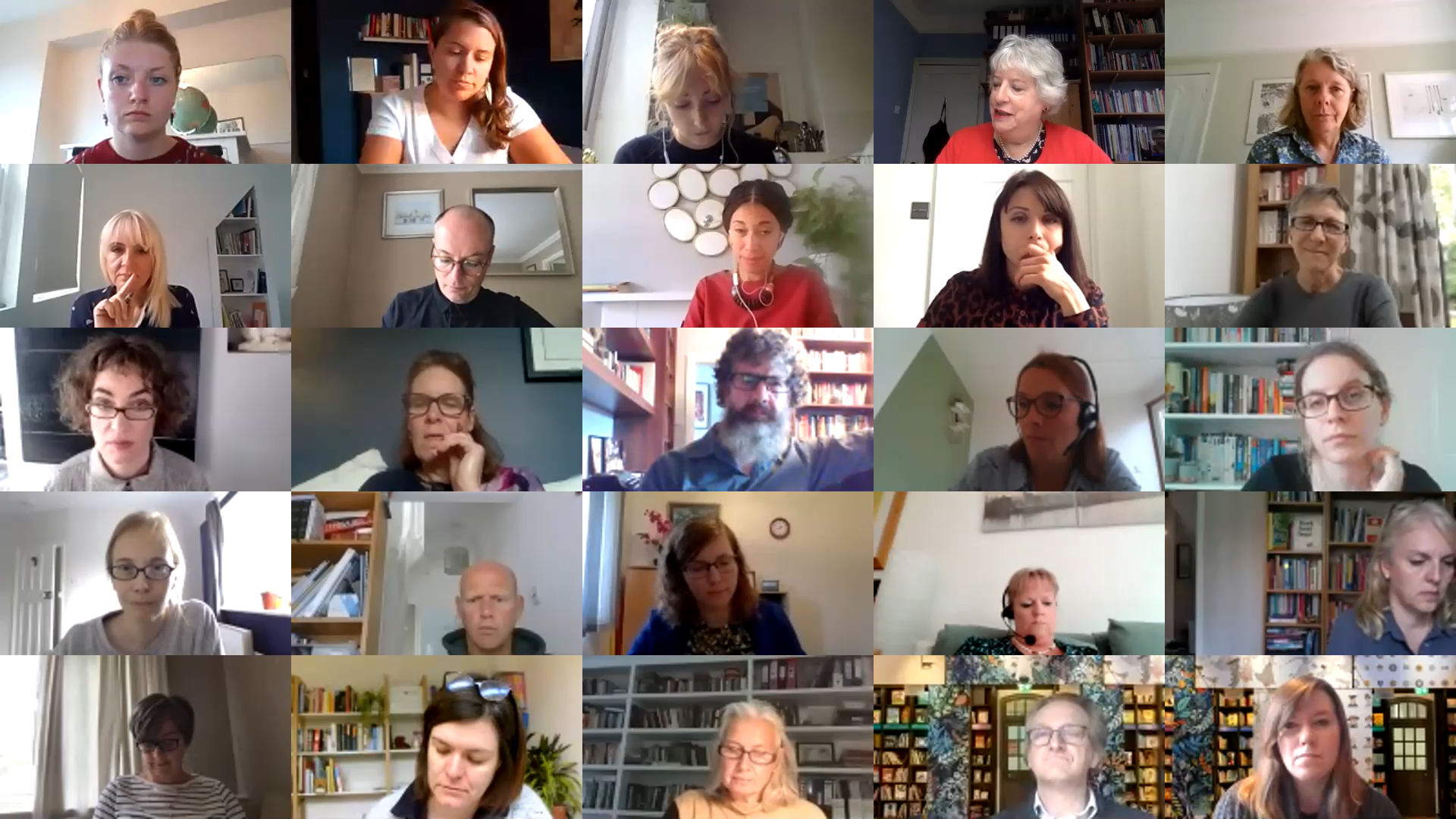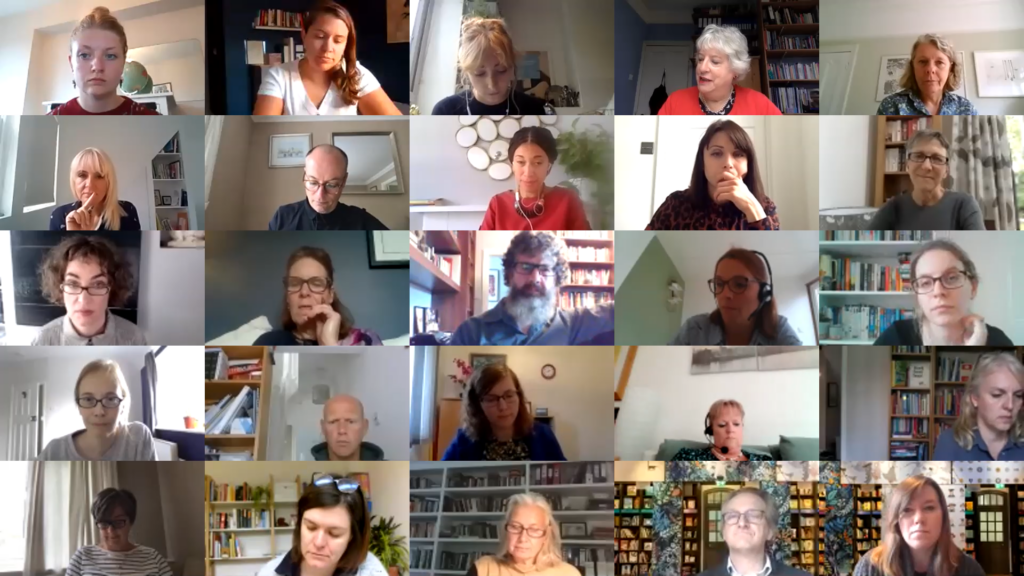
Literacy should be vibrant and inclusive for all pupils, not just the convenient majority
25/9/2020
Earlier this week, Driver Youth Trust teamed up with CLPE, First Story and the Fair Education Alliance to host a roundtable, bringing together leaders from across education and the arts. Both sectors continue to face enormous challenges imposed by coronavirus restrictions. We met to discuss not how we could survive during these times, but how we could thrive in the future.
We posed a simple question:
“What needs to be in place for the school sector to ensure high quality, holistic literacy provision which has long term impact on outcomes for all children and young people?”
The answers to this question are not straight forward and a single blog could hardly do them justice. We could all guess that greater school capacity, better learning and development for teachers and generally more cash would be good – these asks often seem to be universal to many of the challenges faced by schools and were a theme running throughout our discussions. Yet there were just as many calls for leaders to be pragmatic and consider what they could put aside right now.
Schools will be trying to figure out how best they can keep staff and pupils safe, both physically and psychologically, but these priorities will last beyond the pandemic. Catch-up classes and watered down curricula will do nothing to harness the creativity of teachers or inspire the minds of young people. There was overwhelming agreement that literacy does not have to be the dry technical subject that it has become in recent years. As speaker Dame Alison Peacock put it, compliance is the enemy where literacy is concerned.
So, what now?
Literacy teaching should be a vibrant and inclusive theme running through all subjects and phases, for all pupils not just the convenient majority. It should harness culture and values, help young people confidently find their voice and become the critical thinkers we will all need in years to come.
We are using the key learnings from the event to shape recommendations regarding the future of literacy provision in schools. In the coming weeks we aim to publish an open letter to the government and we hope our colleagues and supporters will sign to show that simply retreating to what we have always done before will never lead to meaningful change.
Chris Rossiter
Chief Executive, Driver Youth Trust

